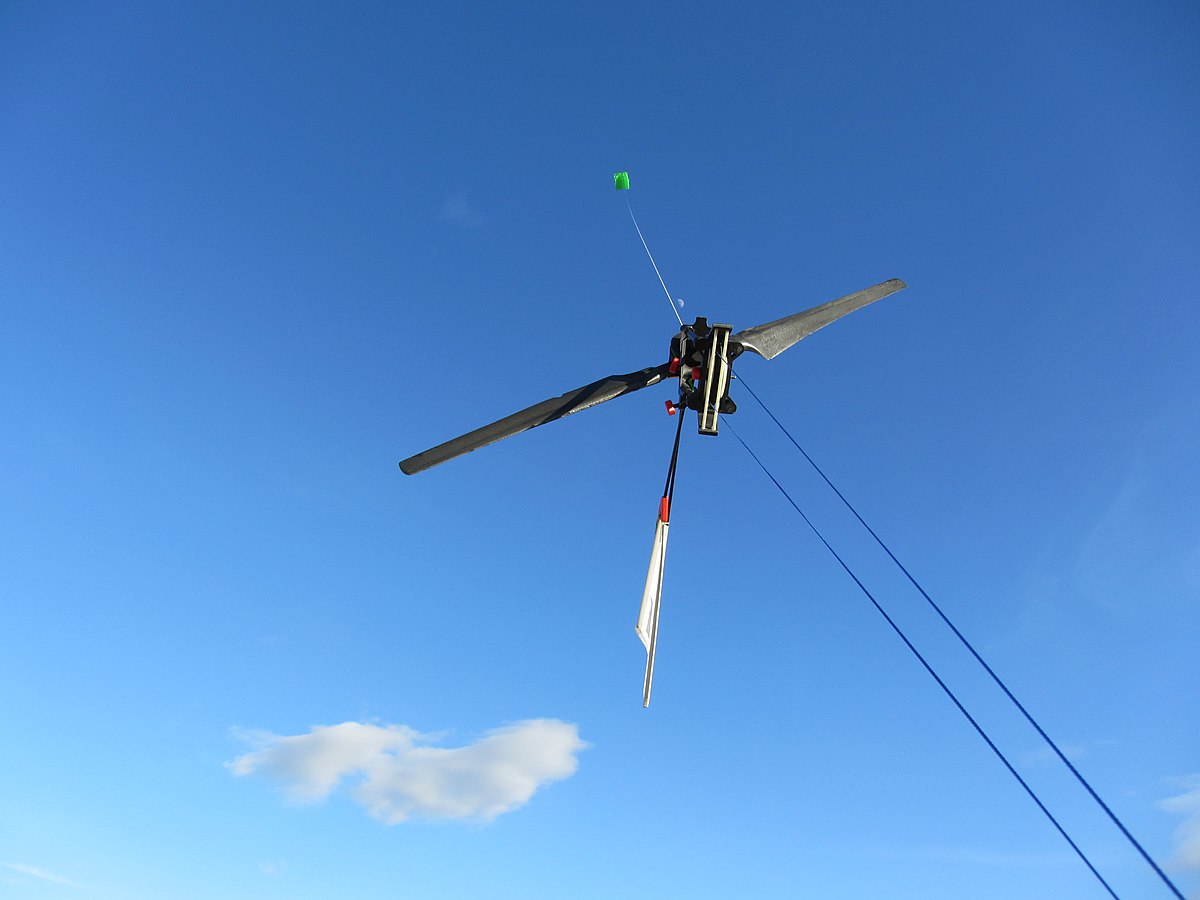A few years ago, I watched an episode of the Simpsons where Homer decided to go into business for himself by taking grease from his son's school cafeteria and trying to pawn it off on strangers.
It looks like someone decided to run with that idea and make it a reality...
Conoco Phillips and Tyson are working on a JV project to turn animal fat into biodeisel. I doubt they will release the conversion process just yet, but it should be interesting for engineers and chemists alike.
Its probably a trans-esterification reaction? (Alcohol-A + Ester-B -> Alcohol-B + Ester-A). Not going to go into kinetics, thermodynamics but its probably a based catalyzed rxn (lower temp requirements, higher yields etc.)
The project will supply 175 MM gallons of bio-fuel per year.
Once the fuel is at full production in 2009, Tyson said it expects the venture to add between 4 cents and 16 cents a share to its annual earnings. Looking at Tyson's current no. of outstanding shares (which fluctuates) that's $14.2 to $56.8 MM in net earnings.
Anyone have any idea what that cash will be used for? Re-invested as capital expenditures? Pay down debt? Regardless, that's a nice chunk of change to entice competitors in both industries to team up.
Other midwestern meat packers such as Perdue Farms Inc. and Smithfield Foods inc. are probably on the lookout for partners to mimick similar projects...I'd bet some former engineer, Investment banker guys are hitting the streets for this.
Who would have imagined chicken wings n' fuel? More importantly why does this make sense?
Fat is a cheaper feedstock. Using soybean oil as a feed stock costs $0.33 per lb versus $0.19 per lb for chicken fat. Demand for diesel as a whole is expected to increase. Economists predict the U.S. will produce about 1 Bln gallons of biodisel per year due to growing demand from increased transportation, with half of it coming from animal sources.
Lastly, our nation's energy policies are pushing us towards alternative energy sources to reduce political risks from foreign sources, while rewarding home-grown renewable sources.
One wonders how it was dreamed up in the first place and the skepticism it must have faced until the details were worked out.
I'm sure Homer would be proud of himself for his foresight.
It looks like someone decided to run with that idea and make it a reality...
Conoco Phillips and Tyson are working on a JV project to turn animal fat into biodeisel. I doubt they will release the conversion process just yet, but it should be interesting for engineers and chemists alike.
Its probably a trans-esterification reaction? (Alcohol-A + Ester-B -> Alcohol-B + Ester-A). Not going to go into kinetics, thermodynamics but its probably a based catalyzed rxn (lower temp requirements, higher yields etc.)
The project will supply 175 MM gallons of bio-fuel per year.
Once the fuel is at full production in 2009, Tyson said it expects the venture to add between 4 cents and 16 cents a share to its annual earnings. Looking at Tyson's current no. of outstanding shares (which fluctuates) that's $14.2 to $56.8 MM in net earnings.
Anyone have any idea what that cash will be used for? Re-invested as capital expenditures? Pay down debt? Regardless, that's a nice chunk of change to entice competitors in both industries to team up.
Other midwestern meat packers such as Perdue Farms Inc. and Smithfield Foods inc. are probably on the lookout for partners to mimick similar projects...I'd bet some former engineer, Investment banker guys are hitting the streets for this.
Who would have imagined chicken wings n' fuel? More importantly why does this make sense?
Fat is a cheaper feedstock. Using soybean oil as a feed stock costs $0.33 per lb versus $0.19 per lb for chicken fat. Demand for diesel as a whole is expected to increase. Economists predict the U.S. will produce about 1 Bln gallons of biodisel per year due to growing demand from increased transportation, with half of it coming from animal sources.
Lastly, our nation's energy policies are pushing us towards alternative energy sources to reduce political risks from foreign sources, while rewarding home-grown renewable sources.
One wonders how it was dreamed up in the first place and the skepticism it must have faced until the details were worked out.
I'm sure Homer would be proud of himself for his foresight.







Comment